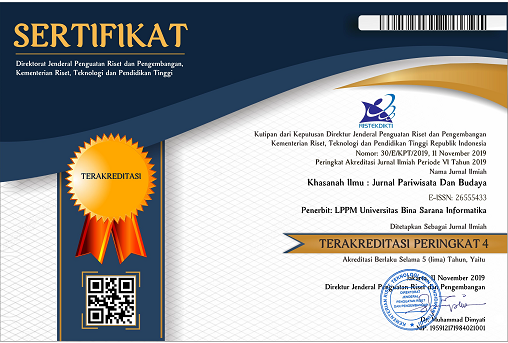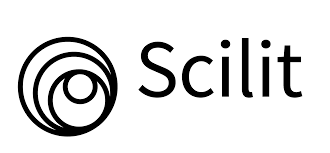Pengaruh Pemberontakan Taiping (1851-1864) Terhadap Sosiologis Dan Politis Pemerintahan Dinasti Qing
Sari
ABSTRACT - This research to determine the effect of the Taiping rebellion using the historical methods through four steps, ie heuristics, criticism, interpretation, and historiography. The purpose of this research is to reveal the meaning of the Taiping Tianguo rebellion in socio-political. Taiping Tianguo (1851-1864) occurred at the end of the Manzu empire and established by Hong Xiuquan who then called the King of Heaven. Hong Xiuquan take Christianity and take advantage of the Christian theory of the equation as a weapon, by mobilizing millions of poor peasants against the feudal power of the Qing Empire. Taiping Tianguo rebellion is an uprising heaviest experienced Qing dynasty. As a result of this rebellion economic conditions, political, social and Qing dynasties that have been weakened by the dominance of Western nations getting worse. Taiping rebellion can only be extinguished after surviving for 13 years. Western nations have a stake because it helps the Qing dynasty to crush the rebellion. The collapse of the Taiping rebellion also caused by the Hong Xiuquan who only rely on individual strengths and ignore the vision at the beginning of missions.
Keywords: Taiping Tianguo, Hong Xiuquan, Dinasti Qing
Teks Lengkap:
PDF (English)Referensi
Gelber, Harry G. The Dragon and The Foreign Devils. Bloomsburry Publishing Plc. Great Britain. 2007
Nio, Joe lan. Tiongkok Sepandjang Abad. Balai Pustaka.Jakarta, 1952
Nussabaum, Arthur (disadur oleh Sam Suhedi Admawiria). Sedjarah Hukum Internarional Jilid II. Binatjipta. Bandung. 1970
Reilly, Thomas H. The Taiping Heavenly Kingdom; Rebellion and the Blasphemy of Empire. University of Washington Press. USA. 2004
Sukisman, WD. Sejarah Cina Kontemporer Jilid I. Pradnya Paramita. Jakarta. 1997
Taniputera, Ivan. History of China. Ar-Ruzz Media Group. Jogjakarta. 2008
Yang, C.K. Religion in Chinese Society. University of California Press. USA. 1961
DOI: https://doi.org/10.31294/khi.v3i2.521










